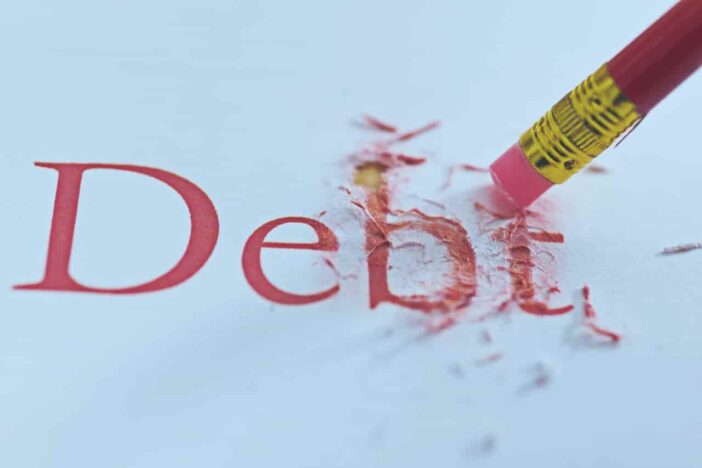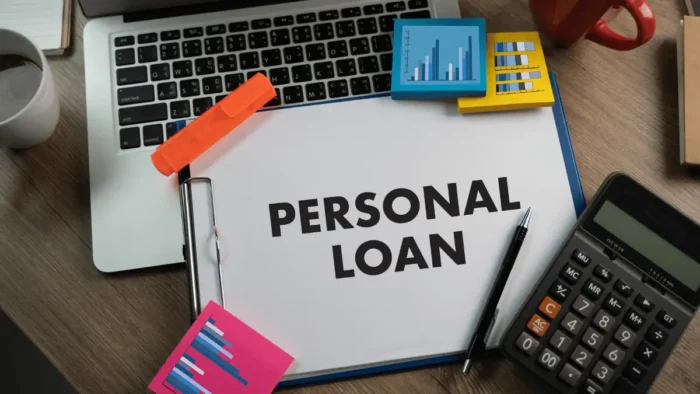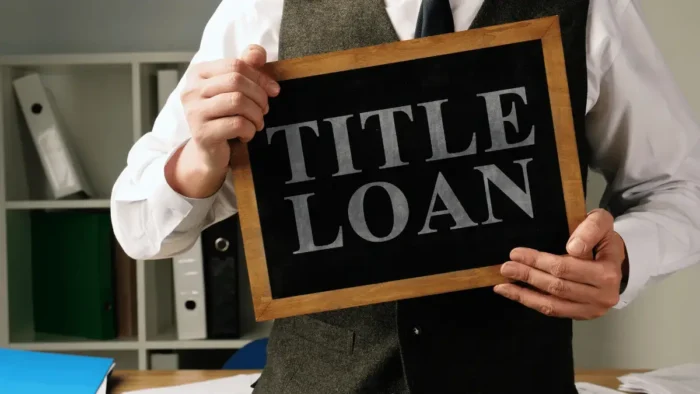That we are burdened with financial debts has long become an axiom. That is, this statement is so evident that it is now accepted without controversy or question. But, how we can reduce debts?
Debts have long become the unwholesome reality of our everyday lives. We start our debt-accumulating career in our mid-twenties and learn to juggle a mortgage, car payment, and student loans quite dexterously by our early thirties. With no one escaping this sad financial lot, the difference between us is only in a number of our debts rather than in their kinds. Some people have more dire circumstances than others and, consequently, incur larger debts. Yet statistics show us that for the majority of people in the United States, the outstanding balance surges to $15, 609. This is not a trivial amount that can be treated lightly or easily paid off.
Why We are in Debts?
There are roughly two different, if interconnected, reasons for our running up debts on our credit cards. One stems from the way the country and the banking systems function these days. Another lies in our response to how they function. Western society is characterized by the absolute trust that people place in banks. Even with the repeated collapse of banks, they have witnessed, people continue actively using credit cards. Nobody walks around with large amounts of cash to make purchases or keeps money stored at home, as people do in countries where banks are deemed less reliable.
People readily swipe their cards, encouraged by the disappearance of restrictions on lending. Indeed, with the breakdown of the former stricter rules of lending, banks are able to make more money lending on credit cards than they used to years ago. They also seduce people into spending more by issuing rewards credit cards, not explaining to them, however, that rewards often entail financial risks and pitfalls. Another encouragement to use credit cards comes from generous bankruptcy laws. The state allows people to annihilate their debts in bankruptcy.
With this convenient backup in mind, people feel less hesitant to take loans and incur debts, since they know that they can escape the debt pit. Reduced salaries also increase our debts. Although we earn less, the social pressure on us to make purchases remains strong. We want to live up to others’ expectations and thus fall deeper into budget deficit.
This is not to say, however, that because they are ingrained in our culture and our psychology, the reasons for our financial difficulties are ineradicable. Whatever heavy financial burdens we carry, they can always be made lighter.
Proven Methods to Reduce Debts
There are proven methods to reduce debts that have helped thousands of people to feel less overwhelmed with their financial troubles. If you yourself are wondering how to get out of debt, the advice given below can help you reduce it in several, easy steps. But before you employ these strategies, you need to estimate the exact size of your debt. It is absolutely crucial for the elimination of your debt to know how much you owe, how much interest you pay, what is the payment due date, and to whom you make it. To know to whom you owe money is especially important if you have one of the so-called white label cards, produced by one company and marketed by another. Once you have clearly seen the size of your debt, you can start working on minimizing it.
1. Debts Consolidation
First and foremost, think of consolidating your debts. If you have numerous loans with various amounts of interest, it is more practical to take out a new loan with which you will be able to pay your unsecured debts. When you consolidate your debts, you combine all your loans into a single, large piece of debt that usually has a lower interest rate and lower monthly payments.
What is particularly attractive in debt consolidation is that it can be applied to any type of debt. Whatever debts you have – car loan, student loan, appliance loan, or personal loan – they can be easily consolidated into one. Banks and credit unions, desirous of seeing these loans paid, will gladly allow you to bring them all together, thus increasing the probability of their repayment.
2. Know Your Spendings
To reduce your debt, it is not enough to understand how much you owe to your bank or credit union. You should also have a clear picture of how much you spend a month on your other needs in addition to the payments on your debt.
You should count all your monthly expenses, including rent, car, health insurance, utilities, food, and regular spending on clothes and entertainment. When you add all these expenses up, subtract the figure you have received from your monthly salary. The amount that remains after the subtraction can be used to repay your debt each month, unless, of course, you would like to put it toward savings.
To track your costs most accurately, study your credit card bills for the whole previous year. It will also help if you develop a habit of tracking your expenses with financial software or at least a notebook.
3. Do You Know Which Expenses Are Unnecessary?
Once you gain a clear picture of how much you spend a month, decide which of your expenses are unnecessary. The goal is not to reduce your expenses to a bare minimum and starve yourself. No drastic or dramatic changes in your lifestyle are required. What you need to do is to make a small adjustment to your budget and eliminate those expenses that would not negatively affect your well-being. Added up, small expenses that you forgo will make a big difference to your budget.
Refraining from buying a takeaway meal every week will save you a handsome amount of money by the end of the month, with which you will be able to pay one of your bills. If you go to a gym, sign up for Beachbody On-Demand instead. This streaming service will allow you to work out whenever you want in the comfort of your home for a lesser price with such celebrity trainers as Shaun T, Tony Horton, and Autumn Calabrese. But do not be overzealous with your budget reductions. Give yourself room to breathe for emergency occurrences.
4. Track Your Progress Continuously
Be sure also to track your progress continuously. This does not mean that you need to turn into Ebenezer Scrooge and start obsessing with your money, agonizing over every coin and every bill you receive. But revising your progress every several months will help you see how much of your debt has already been reduced and will motivate you to go further. Brace yourself up for a rather long journey. It often takes more time to wipe out a debt than to contract it.
5. Reward Yourself for Your Discipline
Do not surrender to the temptation to reward yourself for your discipline and successful debt repayment. All of us make this all-too-human mistake of splashing on expensive items when we see that our strategies have brought desired results. It is easy to sink back into debts as soon as we get out of them. You will regret if a couple of purchases will bring you back to square one.



